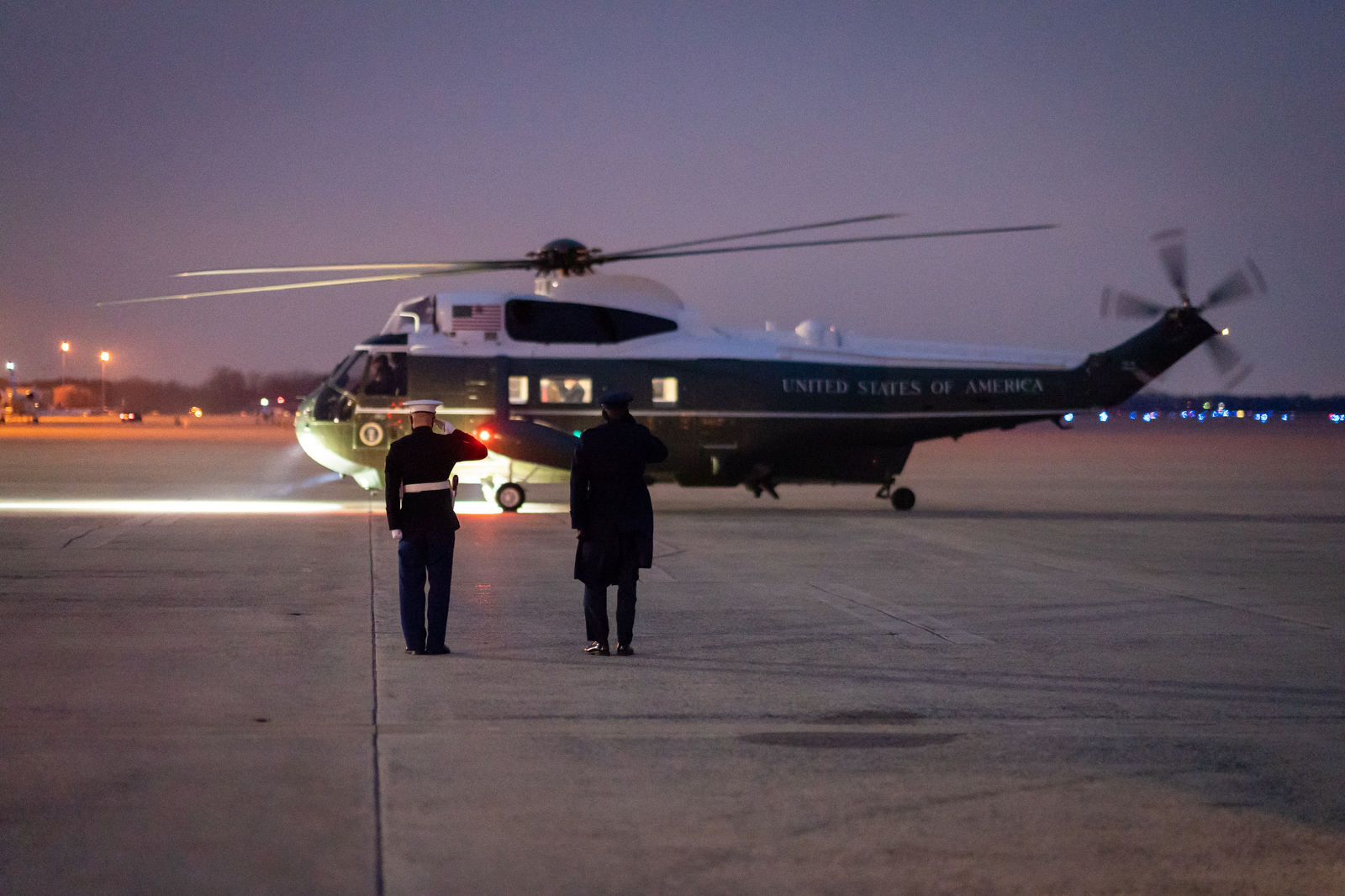America is not ‘back.’ And Americans should not want it to be.
“America is back,” President Biden has declared in every major foreign policy speech he has given since taking office. He means to restore what he sees as the essence of global leadership — the United States joining with allies to “fight for our shared values” — that his predecessor defiled. Back, then, is America’s quest to order the world in the name of democracy, human rights and the American way.
After four years of Donald Trump, the impulse to return to familiar habits is understandable. But those habits, especially the moralization of one country’s armed dominance, have proved destructive. What matters is whether the Biden administration will actually make America — No. 1 in armed force and arms dealing — less violent in the world. In that regard, Mr. Biden’s larger vision, of the United States dividing the globe into subordinate allies and multiplying adversaries, and shouldering the burdens toward both, remains troubling, no matter how high-minded his rhetoric or diplomatic his actions.
Mr. Biden has signaled some improvement so far. He has cut off Washington’s support for “offensive operations” in Yemen and related arms sales to Saudi Arabia, reversing the awful policy initiated by President Barack Obama and intensified by President Trump. He has taken steps toward re-entering the nuclear agreement with Iran, essential for avoiding future wars.
Even the decency of his words marks a welcome change from the assaults of Mr. Trump, who recast the United States in his own bullying image. When Mr. Trump, in his 2016 campaign, professed to be “the most militaristic person there is,” more observers should have taken notice. He often acted accordingly in office, imposing draconian sanctions on Iran and Venezuela, and leaving hundreds of troops in Syria “only for the oil.”
Read the full article in The New York Times.
